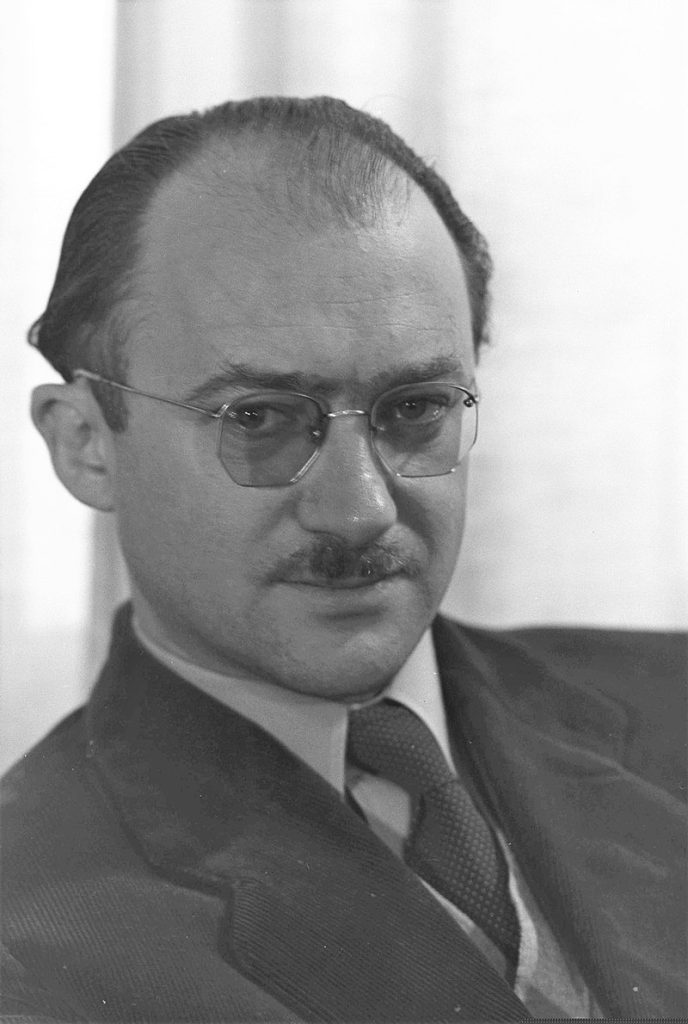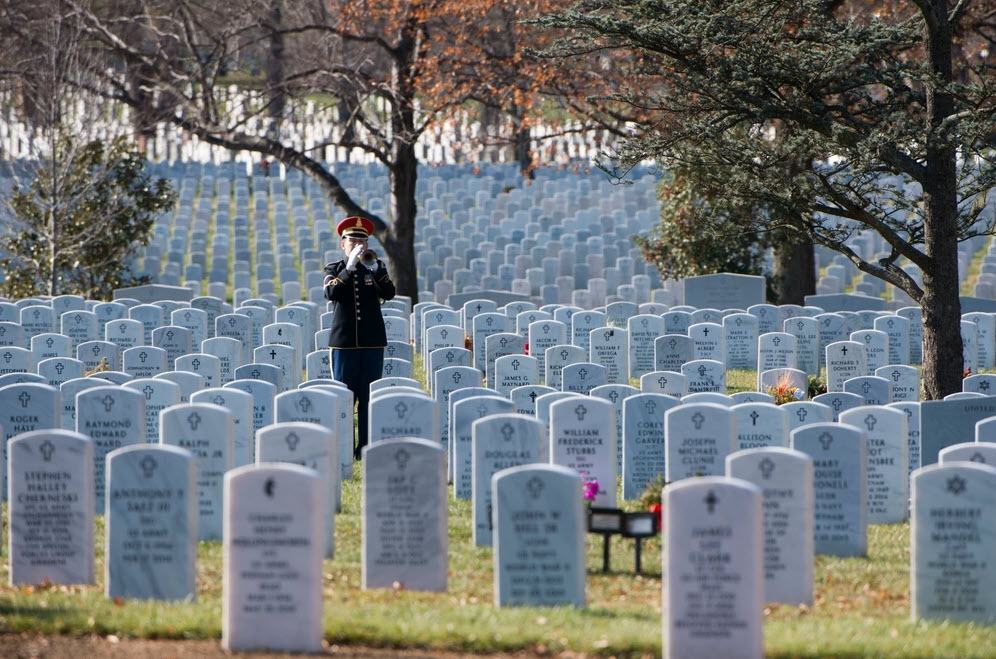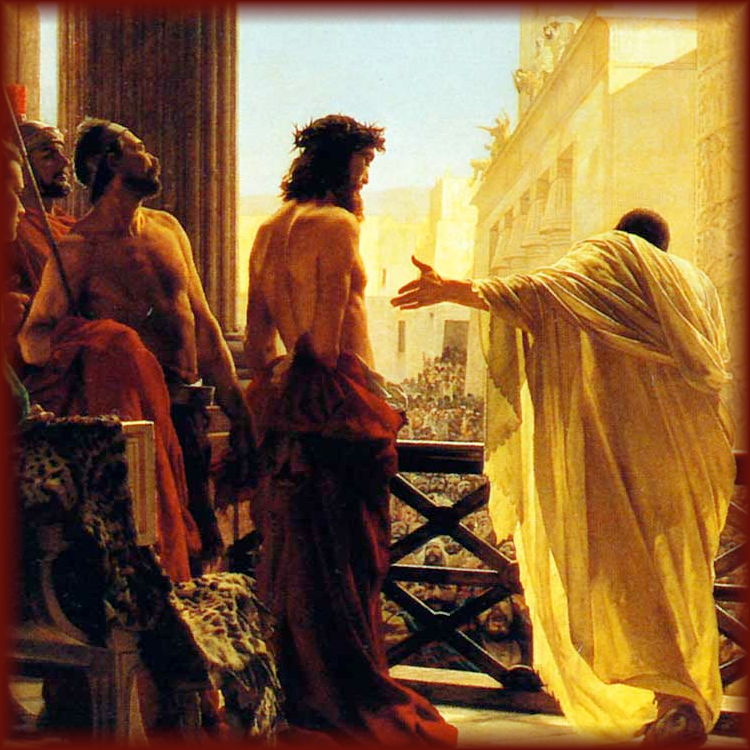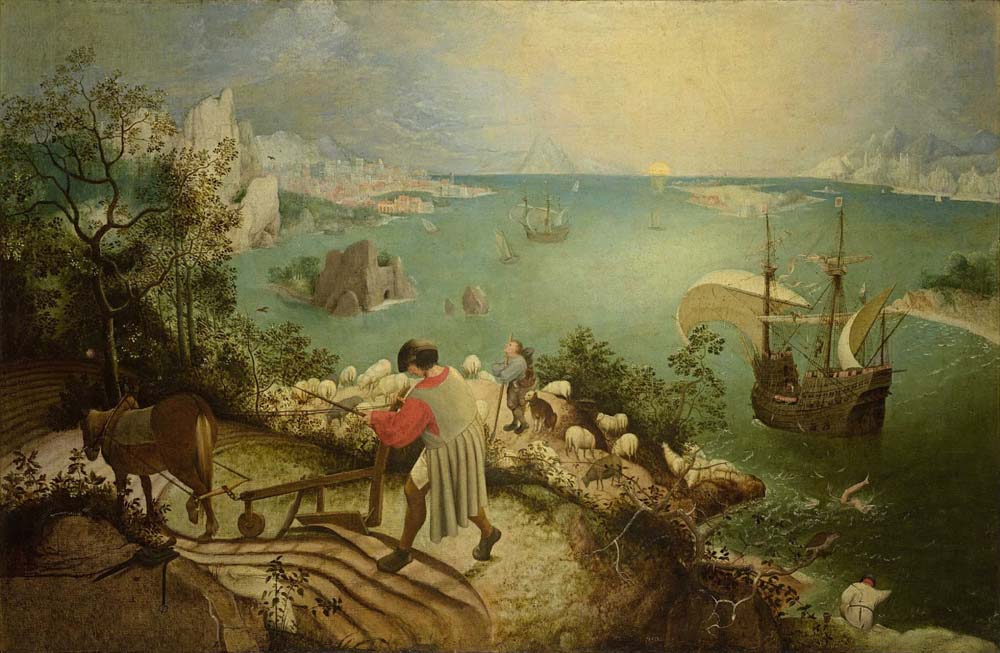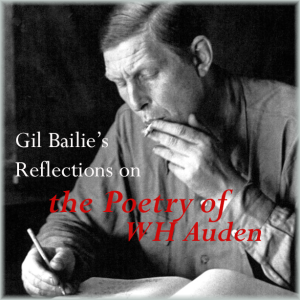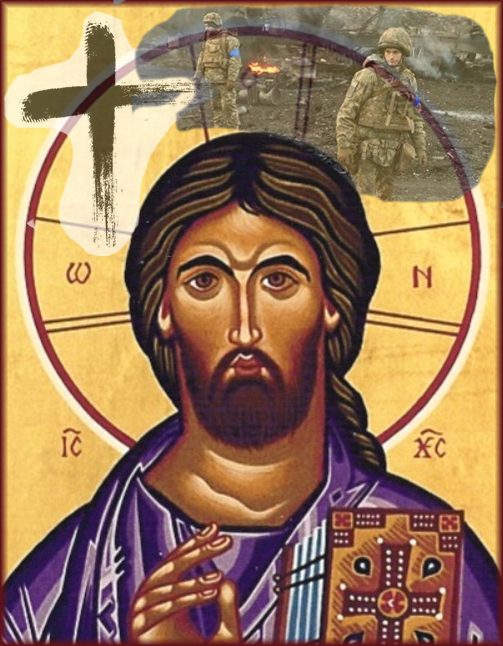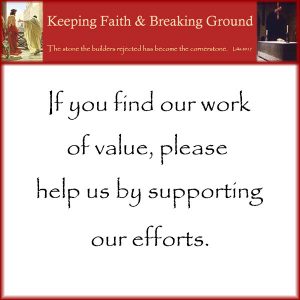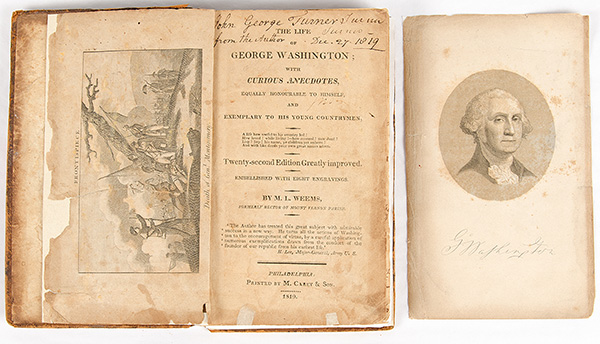
In 1861 the newly elected 16th president of the United States, Abraham Lincoln, was slowly making his way from Springfield, MO to the nation’s capital. On this journey Mr. Lincoln stopped at various points to make speeches to the people who came to wish him well (or ill – he only received 39.8% of the popular vote in the previous November’s four way race.
Here are his words spoken to the New Jersey State Senate in Trenton on February 21, 1861:
Mr. President and Gentlemen of the Senate of the State of New-Jersey: I am very grateful to you for the honorable reception of which I have been the object. I cannot but remember the place that New-Jersey holds in our early history. In the early Revolutionary struggle, few of the States among the old Thirteen had more of the battle-fields of the country within their limits than old New-Jersey. May I be pardoned if, upon this occasion, I mention that away back in my childhood, the earliest days of my being able to read, I got hold of a small book, such a one as few of the younger members have ever seen, “Weem’s Life of Washington.” I remember all the accounts there given of the battle fields and struggles for the liberties of the country, and none fixed themselves upon my imagination so deeply as the struggle here at Trenton, New-Jersey. The crossing of the river; the contest with the Hessians; the great hardships endured at that time, all fixed themselves on my memory more than any single revolutionary event; and you all know, for you have all been boys, how these early impressions last longer than any others. I recollect thinking then, boy even though I was, that there must have been something more than common that those men struggled for; that something even more than National Independence; that something that held out a great promise to all the people of the world to all time to come; I am exceedingly anxious that this Union, the Constitution, and the liberties of the people shall be perpetuated in accordance with the original idea for which that struggle was made, and I shall be most happy indeed if I shall be an humble instrument in the hands of the Almighty, and of this, his almost chosen people, for perpetuating the object of that great struggle. You give me this reception, as I understand, without distinction of party. I learn that this body is composed of a majority of gentlemen who, in the exercise of their best judgment in the choice of a Chief Magistrate, did not think I was the man. I understand, nevertheless, that they came forward here to greet me as the constitutional President of the United States — as citizens of the United States, to meet the man who, for the time being, is the representative man of the nation, united by a purpose to perpetuate the Union and liberties of the people. As such, I accept this reception more gratefully than I could do did I believe it was tendered to me as an individual.
There is much to ponder in Lincoln’s address to the New Jersey Senate, especially in these days of turmoil and divisiveness in our land and in the world. How gracious are his words when compared to the frequent bombast we are subjected to from podiums, Twitter screens and news outlets. But I would focus our thoughts on the oft quoted lines:
“there must have been something more than common that those men struggled for; that something even more than National Independence; that something that held out a great promise to all the people of the world to all time to come; I am exceedingly anxious that this Union, the Constitution, and the liberties of the people shall be perpetuated in accordance with the original idea for which that struggle was made, and I shall be most happy indeed if I shall be an humble instrument in the hands of the Almighty, and of this, his almost chosen people, for perpetuating the object of that great struggle.”
A Happy and Blessed Fourth of July to All!

